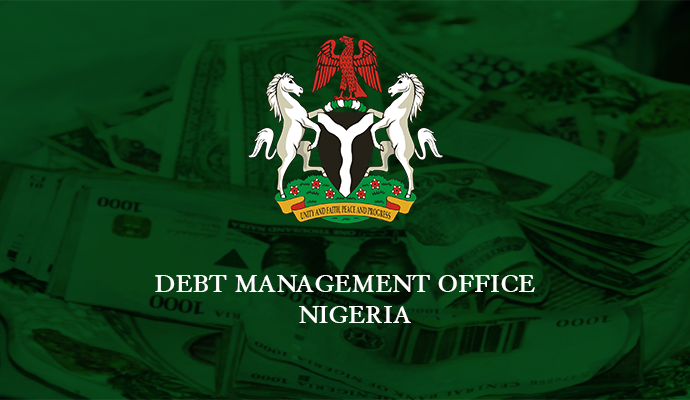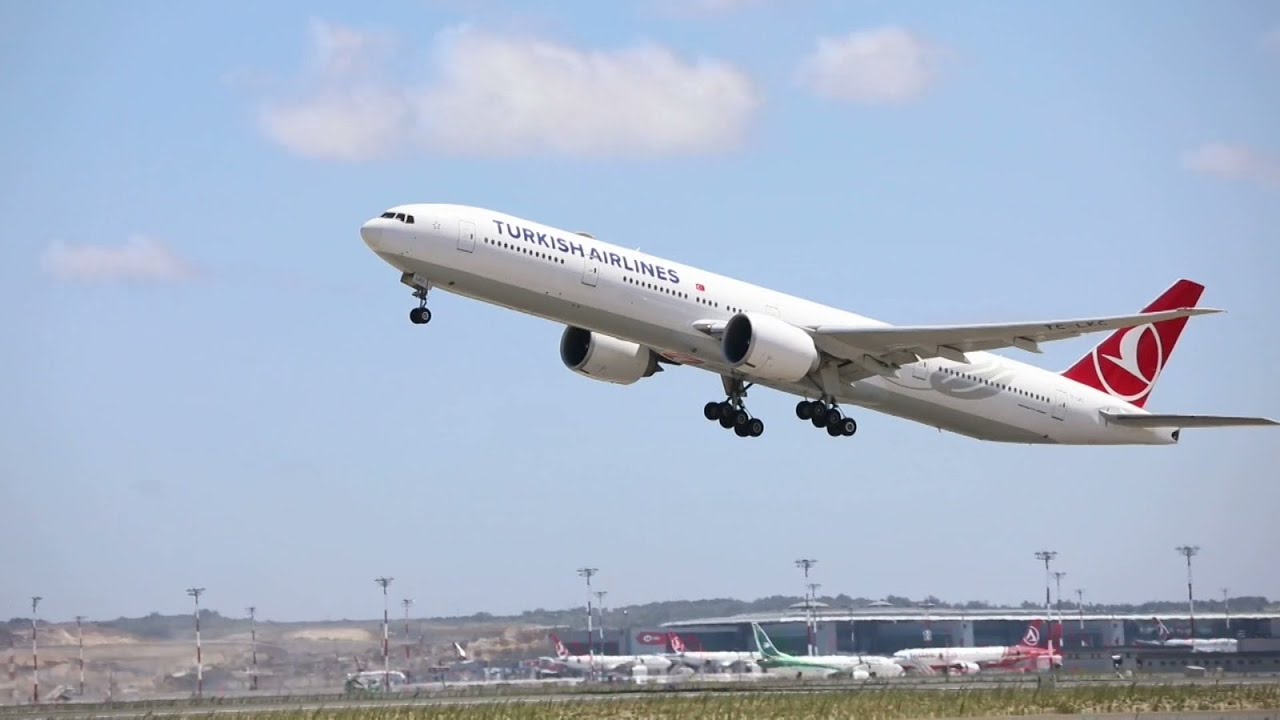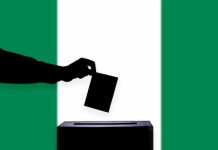The Debt Management Office (DMO) has denied receiving the sum of N2.2 trillion in 2018 as part of its budgetary allocation for the year.
In its defense, the DMO said that the sum, although earmarked for the Office, was in the care of the Office of the Accountant-General of the Federation (OAGF).
This defence was made before the Public Accounts Committee of the House of Reps. on 26 Feb. 2021.
The Committee had demanded an explanation for the use of the received sum of N2.2 trillion.
According to the DMO, the only money received was N721,251,798, which was the appropriation fund of the DMO.
To the Committee, the Director of Finance and Accounts of the DMO, Feyi Olumide-Akinyemi said that the money “does not come to our books”.
She said, “It does not come to our books. It does not come to our account. It does not reflect anywhere in our books. We do not have access to the other one and that is why we always say it should be separated.
READ ALSO: US Ambassador unveils First ‘Window On America’ in Nigeria
“During each process the budget office requires the DMO to give them a projection of interest payments, so these are the interest projections we made that the government will bear on our domestic and external debts and then a provision to take care of local contractors which is the sinking fund.”
It explained that the sum of N2.1 trillion was channeled to debt servicing, for the “repayment of Principal, Interest, and Other Charges arising from debts both internally and externally.
It said, in a statement, as reported by Witnessngr, “The DMO wishes to emphasise that the provisions in the Annual Appropriation Acts for Debt Service, including the 2018 Appropriation Act, are dedicated for Debt Service payments only; that is, for the repayment of Principal, Interest and Other Charges for both Domestic and External Debt.
“Indeed, the funds for Debt Service are never released to the DMO for spending, rather, in line with the mandate of the Office of the Accountant-General of the Federation (OAGF), the funds are domiciled with the OAGF, who on the advice of the DMO, effects payments directly to the creditors as at when due.
“Such creditors include multilateral and bilateral lenders like the World Bank, African Development Bank, Exim Bank of China, investors in Nigeria’s Eurobonds, as well as, investors in securities issued in the domestic market such as FGN Bonds, SUKUK, Green Bonds and Nigerian Treasury Bills.
“The general public is invited to note that servicing of the public debt is absolutely necessary to ensure that Nigeria remains credit-worthy and retains or improves on its sovereign rating which ultimately, will support growth and development.
“It is for this reason as well as transparency purposes, that Debt Service is expressly provided as a line item in the Annual Appropriation Acts. “













